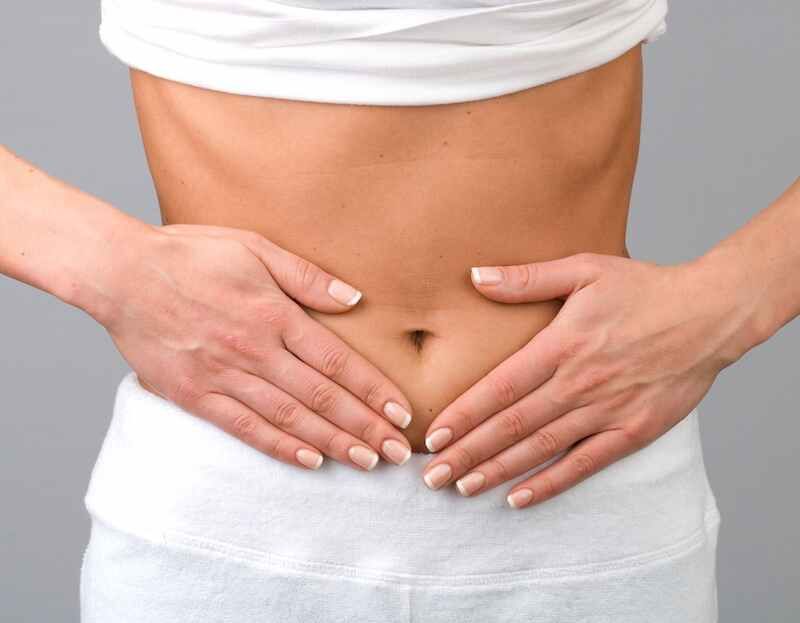Is Your Life Story Written in Your Poop?

Doing things such as travelling to another country or contracting a disease could change the makeup of the bacteria community living in the gut. But how much of a person's life story could be told by tracking such bacterial changes?
In a new experiment, researchers studied gut and saliva bacteria in two people over a year, to investigate how microbial communities in people's bodies, called their microbiota, changed over time. The study participants provided stool and saliva samples nearly every day during the study period, and chronicled their daily health and behavior, including their diet, exercise, bowel movements and mood, using a diary app.
The results showed the bacterial communities were generally stable over time. However, the researchers found that some rare events in each participant's life rapidly and broadly affected their microbiota. [5 Ways Gut Bacteria Affect Your Health]
For example, when one participant travelled from the United States to a developing country in Southeast Asia, the ratio between the two dominant groups of bacteria in human gut, Bacteroidetes and Firmicutes, changed dramatically. The ratio then returned to normal when the study participant returned home, according to the study, led by Lawrence David, an assistant professor at Duke University Medical Center in Durham, North Carolina.
In the other study participant, an intestinal infection with Salmonella, resulted in the permanent decline of most gut bacterial types, which were replaced by genetically-similar species, according to the study published today (July 24) in the journal Genome Biology.
"I was amazed to see how profoundly a single food poisoning event impacted the gut bacteria," David, who was a researcher at Harvard University at the time of the study, said in a statement.
There are trillions of bacteria living in human intestines, and they are thought to be important in maintaining a healthy digestive system. People's diet, medical conditions and living environments are among the factors linked to differences in gut microbiota.
Sign up for the Live Science daily newsletter now
Get the world’s most fascinating discoveries delivered straight to your inbox.
In the new study, the researchers also found that even less dramatic life events, for example change in the diet, may change the microbiota. For example, eating more fiber one day was linked with changes in the abundance of 15 percent of gut microbiota species the next day.
However, the researchers didn't find links between the gut bacteria and sleep, exercise or mood of the participants.
Although the study was done only on two people, the findings have given the researchers a lot of new ideas for future studies in more people to analyze gut microbial ecology and study intestinal infectious diseases in humans, they said.
Email Bahar Gholipour. Follow Live Science @livescience, Facebook & Google+. Originally published on Live Science.












